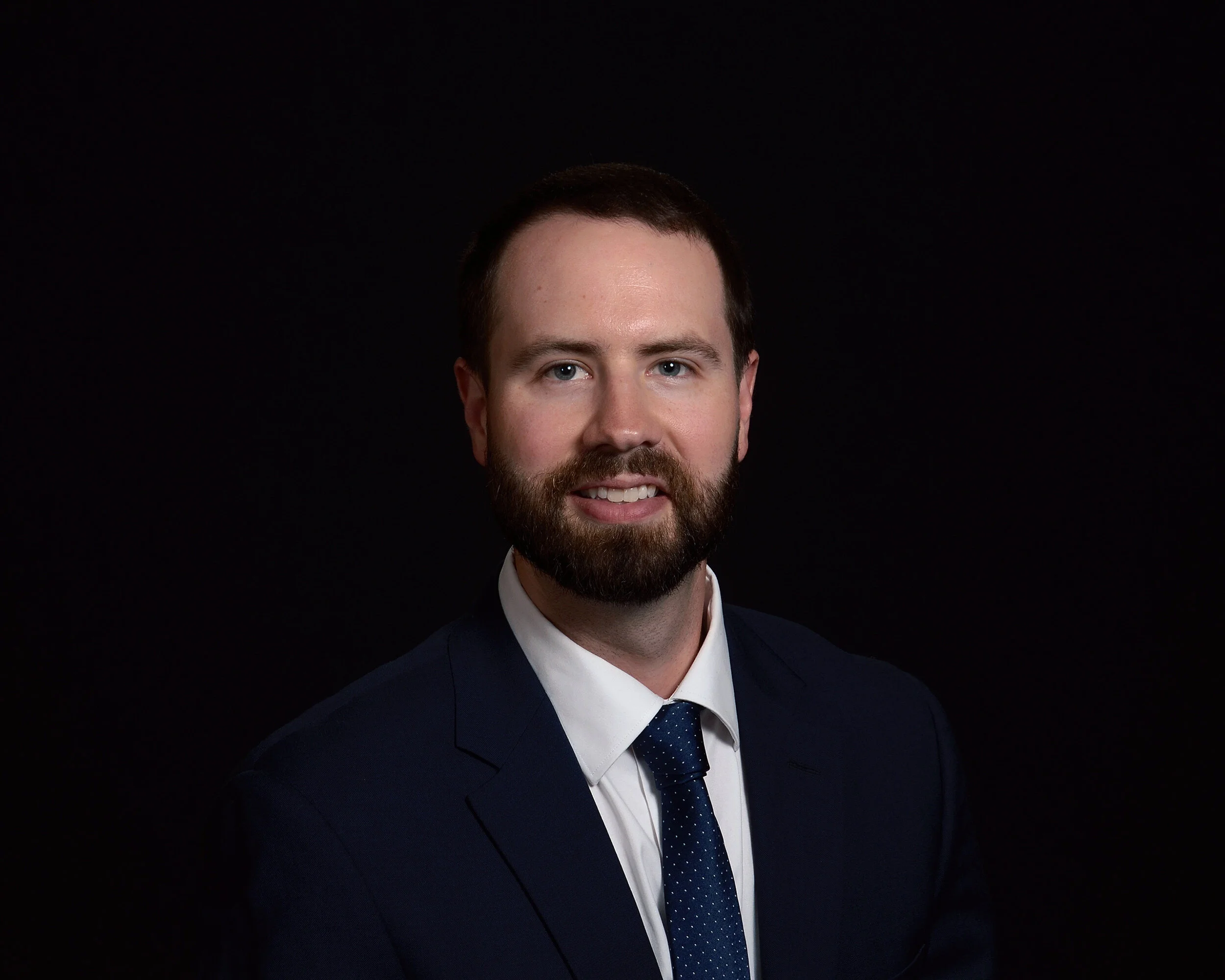Profile: Clark Seiling
Meet Clark Seiling. Director of Emerging Ventures at Cardinal Health.
Name: Clark Seiling
Job: Director of Emerging Ventures at Cardinal Health.
City: Columbus
Hometown: Columbus
Q: What is it that you do at Cardinal Health?
I lead the Emerging Ventures team at Cardinal Health, where we are looking at healthcare trends and bringing back insights into the business to help shape our longer term strategies. As a part of this process, we spend time exploring emerging healthcare themes, connecting with healthcare-focused VCs and growth investors, and scouting out and speaking with companies working on interesting solutions within those themes.
Ultimately, our goal is to link up earlier stage companies with the right stakeholders internally to see if we are able to work together to solve a pain point in the market, and this sometimes leads to more strategic conversations where we make an investment to help strengthen the partnership.
Q: What’s a problem that you are working to solve?
The problem my team is working to solve is how to tap into the immense amount of innovation that is happening across healthcare, and bring that innovation back into the company through insights, partnerships, and other creative ways to ultimately help patients.
Because there are innovative new solutions bubbling up across healthcare constantly, it can be overwhelming to have a sense of what is on the horizon unless it is your primary focus (and even if it is!), so our team researches what is out there and whether it could make sense to collaborate.
Q: What’s a lesson you’ve learned that has helped shaped your work?
A lesson I have learned in my time in healthcare is that relative to other industries, I have seen significantly fewer startups scale up without forming meaningful partnerships with established organizations in the field.
I believe it could be because for any healthcare episode, there are a number of individual decision-makers and organizations that have different motivations and incentives, there is often limited data and transparency when making decisions, and with each healthcare episode being an important event for a patient there is a general reluctance to test unproven solutions.
This lesson has helped me to keep an open mind when first connecting with early stage companies and to prioritize those that have been able to demonstrate commercial traction or pilots with other healthcare stakeholders.
Q: What’s a trend in technology or innovation that you believe doesn’t get enough attention?
Privacy and security each get a lot of attention, but I still feel like they do not get enough attention. Specific to privacy in healthcare, there are tradeoffs between sharing patient data and keeping it isolated – there could be new treatments, drugs developed, ways to improve outcomes, etc. that could all come from relaxed privacy measures, but it may also result in patients being less forthcoming with their providers, patients putting off appointments over privacy concerns, or increased nurse and physician burn-out due to more time spent gathering and writing down patient data during visits.
This also goes hand-in-hand with securing our patient data, which has also been a stumbling block for improved interoperability; it is hard for organizations to feel comfortable sharing sensitive information like patient data with other groups without being able to control and monitor their security procedures.
While there are some issues in both privacy and security that are unique to healthcare, I think both of these are two of the most important open issues right now where the answers will dramatically shape the future of technology and innovation.
Q: What’s one moonshot idea that could help make Ohio a world leader in technology and innovation?
Ohio is fortunate to have a number of world-class healthcare organizations across the state. I believe we are on the cusp of seeing a dramatic change in how diseases are treated through a rise in cell and gene therapies that will deliver much more personalized treatments for patients. Based on the quality of healthcare organizations and the talent at those organizations as well as the success demonstrated Ohio-based groups thus far, I believe and am hopeful that Ohio can be a leader in helping to bring these new therapies to market for patients.
Q: What’s a recent book, podcast or news story that you found interesting?
I read James Clear’s Atomic Habits earlier this year, and I cannot recommend it enough (and it has been great to see another one of many Ohio authors succeeding).
I first began listening to it as an audiobook, and went ahead and bought a hard copy when I was only through the first few chapters because it already resonated with me so strongly. The book does a fantastic job of demonstrating how making smaller changes and sticking with those changes to form habits will eventually lead to meaningful results, and Clear also provides numerous useful frameworks and techniques to help start making those changes and staying with them.
Q: What's your favorite place in Ohio?
There are so many great places across the state, but my wife and I love hiking with friends, family, and our two dogs and have many great memories for exploring the trails throughout Hocking Hills, so if I had to pick a single place it would be there.
Q: What makes Ohio special to you?
This one is pretty easy – the people. In my experience, I think what makes Ohio special is the strong sense of community embedded into every city and town, where people genuinely care about others. We all have different backgrounds and experiences, so it is inevitable that we will have differences of opinion, but Ohioans are generally pretty open-minded, grounded, and accepting of others.
Connect with Clark on LinkedIn.

